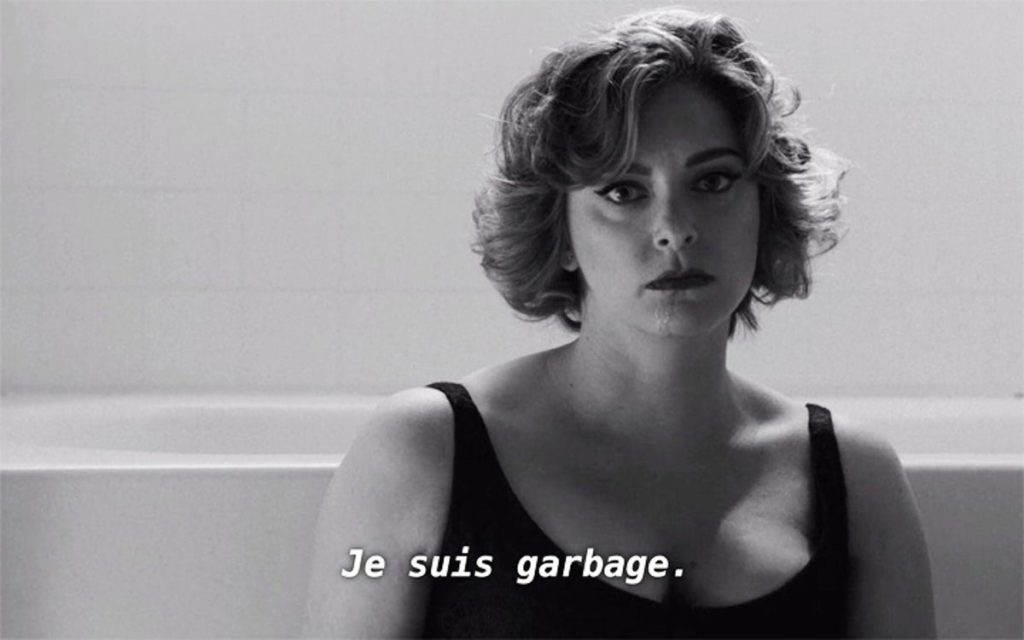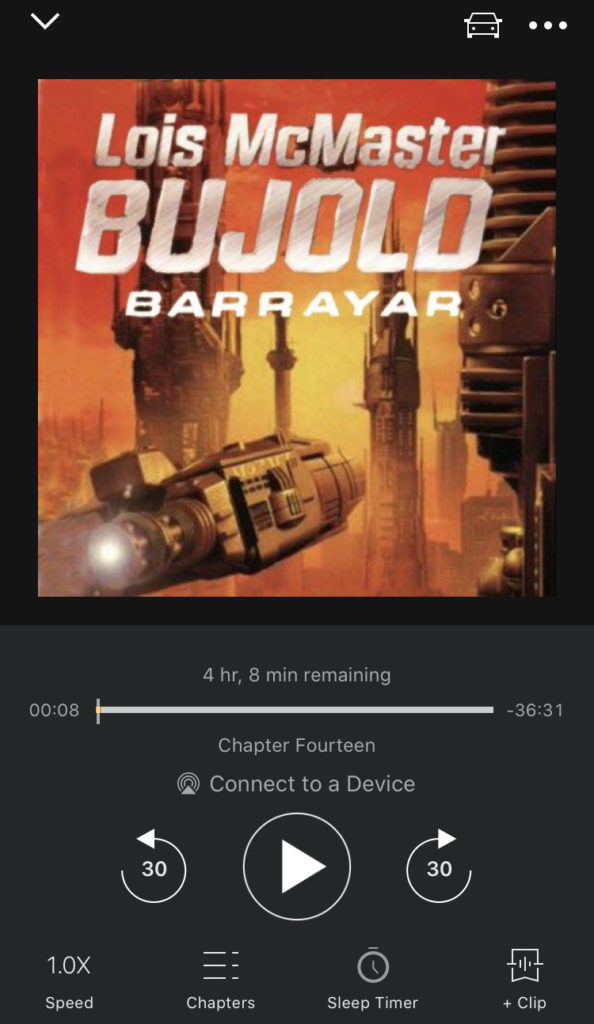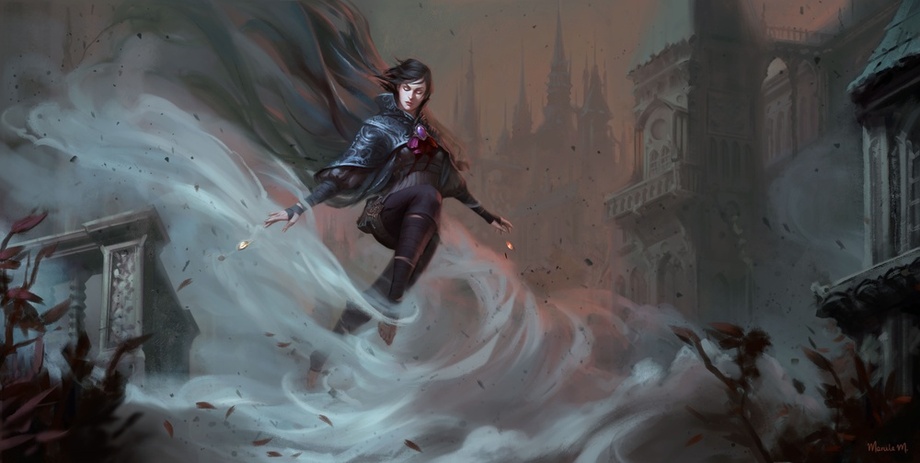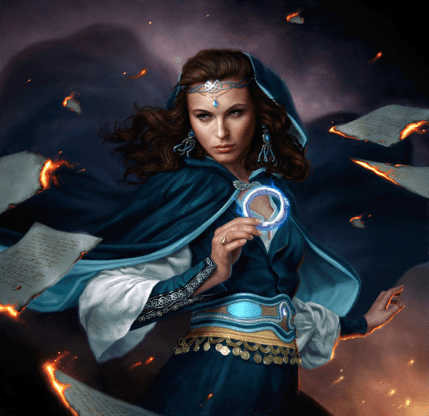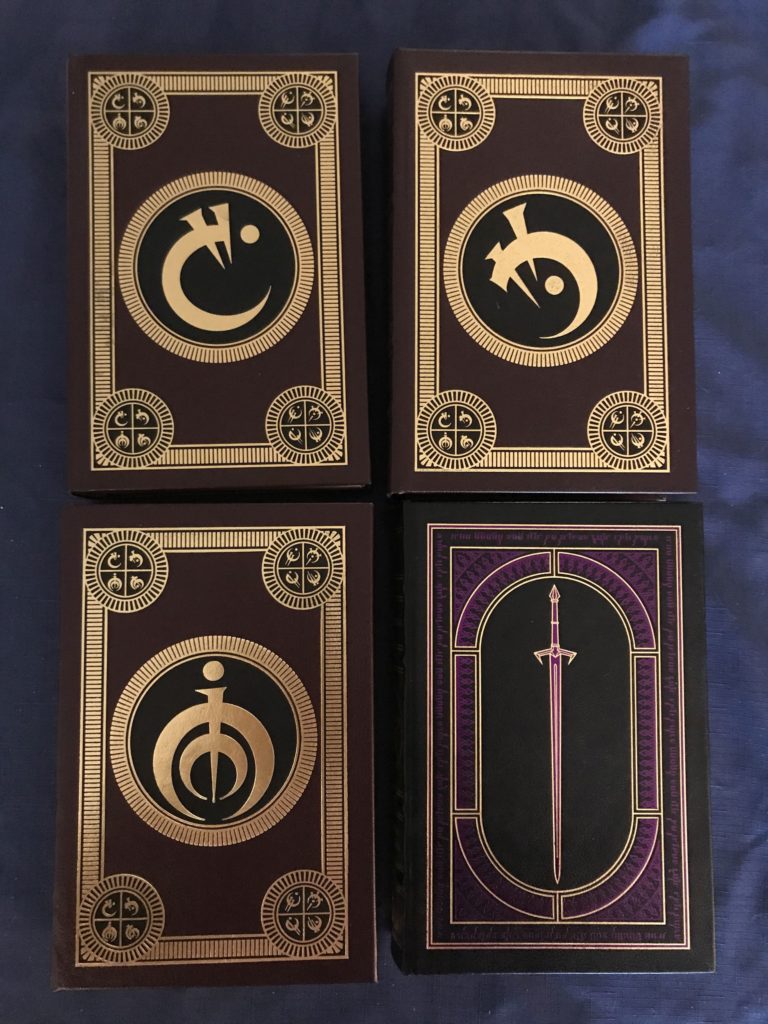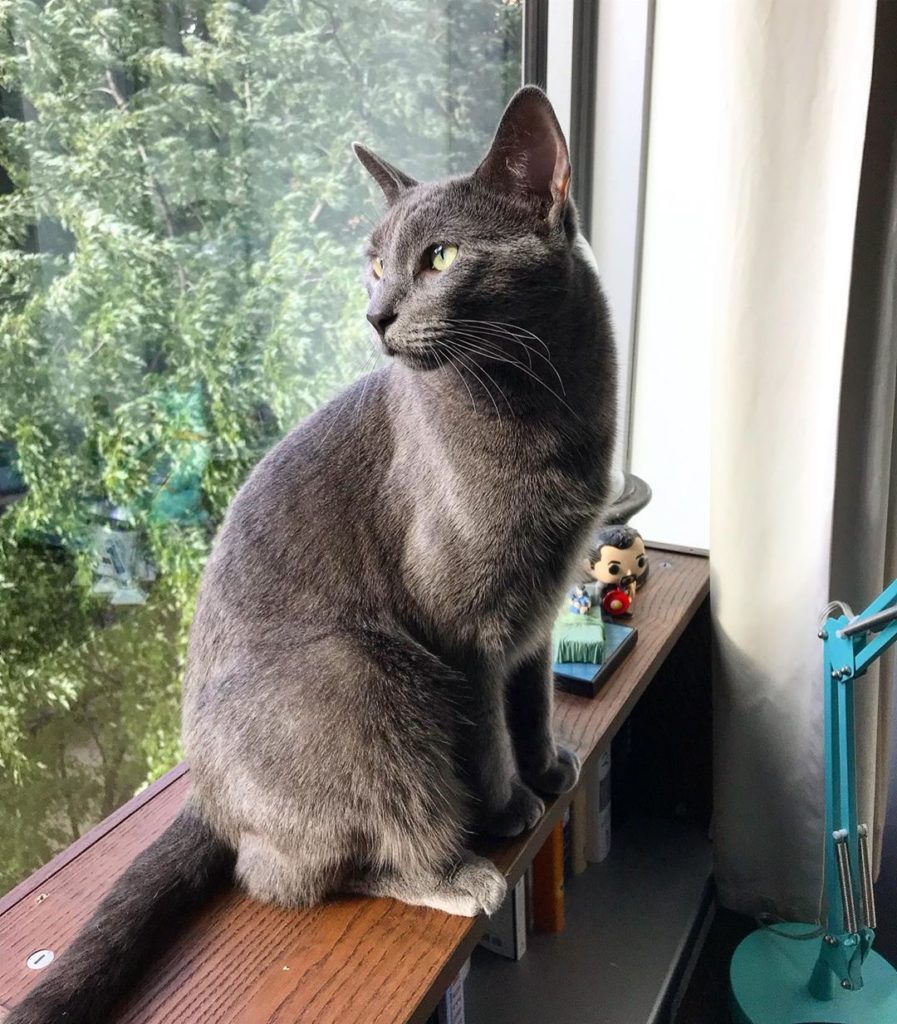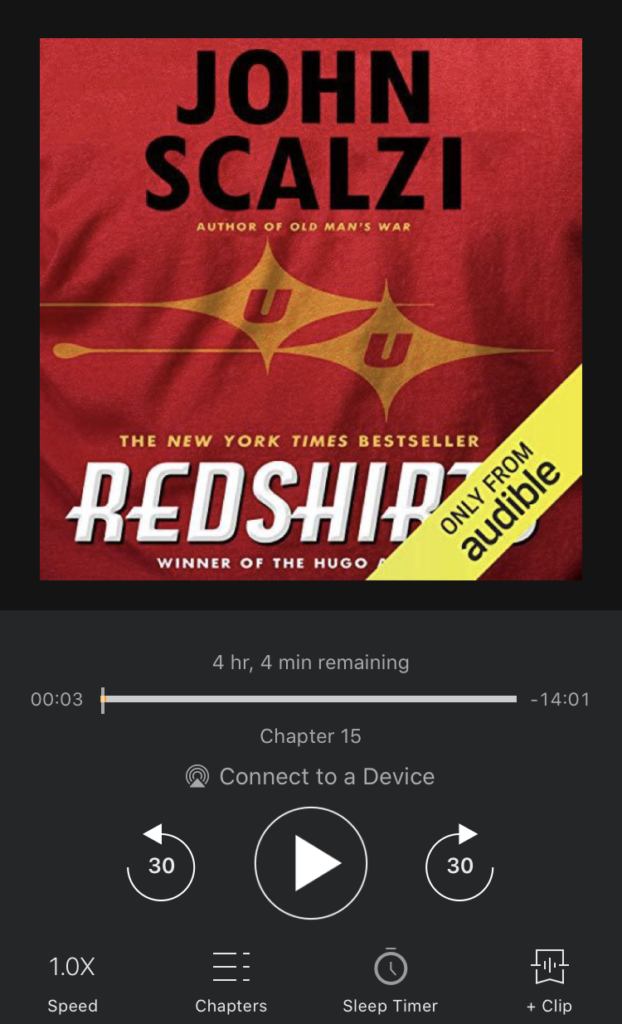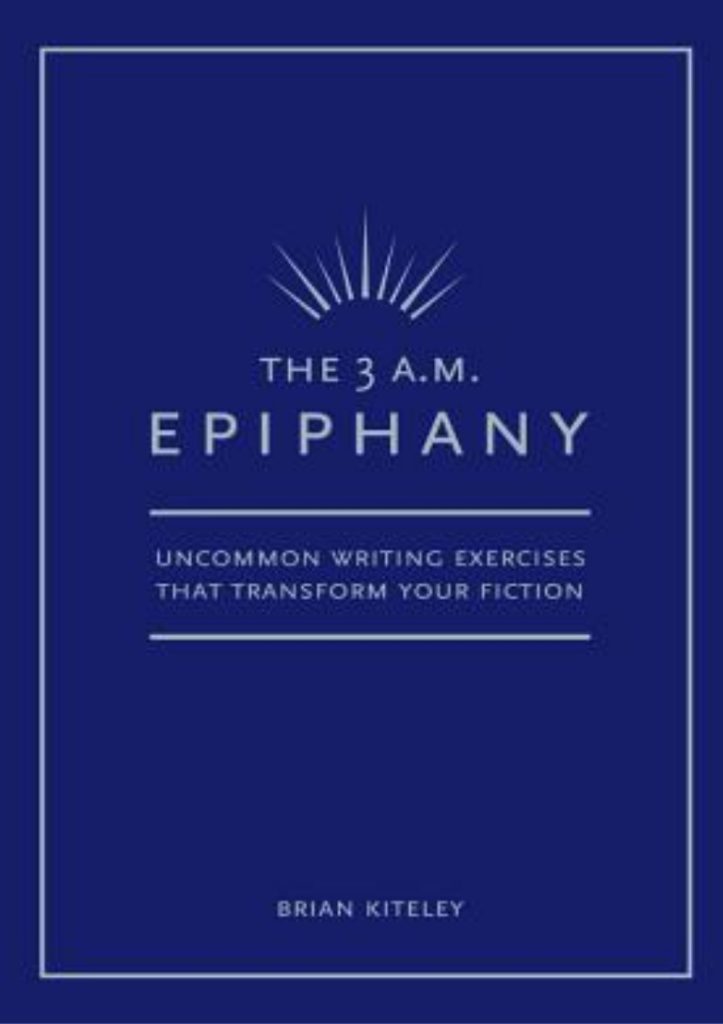
This cute little exercise aims to describe the scene of a murder from the perspective of the murderer. The goal is to have him get away, feel no remorse, and try to make him sympathetic to the reader. I don’t know if I succeeded in that last part, but it was creepy how easy it was to get into the pettiness of the character. Oh well, something to work on in therapy, I guess. For now, enjoy my murder scene ^_^
I walked into the commander’s office. He sat at his desk, hands directing the overlaying holos like a concert pianist. But there was no artistry in what he did. His back was straight even when nobody was around. His posture rigid, even when sitting. A military officer through and through, all hard edges and lack of imagination.
He looked up at me now, annoyed. The commander lived in a system of fixed rank-based value, and I – a lowly civilian – did not rank high. That I served a Magister directly was of no consequence. Here was an officer of the king’s army. In his mind, I was so far below him, that I wasn’t even on the same chart.
“What is it, advisor?” he asked gruffly. No names. Never names with the commander. You were your rank, if you had one, your profession otherwise. “I am incredibly busy, and I don’t recall seeing you on the schedule. In fact…” He looked at a chrono display on the left side of the desk’s surface. “I have no meetings scheduled at all for the afternoon.”
I could see his mind already composing the stern admonition he was going to give his assistant – a wormy ensign I had only passing compassion for. Letting the obnoxious Magisterial advisor walk unimpeded on his station was compromise enough, as far as the commander was concerned. But coming into his quarters unscheduled? Blasphemy.
“What is so funny?” His harsh voice interrupted my thoughts, and I fixed him with my most placating smile. I knew it would piss him off further.
“I apologize for coming unannounced,” I said, and sat in the chair in front of the desk, feeling a shiver of delight pass through me at his outrage. He hadn’t offered me a seat. “I fear this could not wait.”
“Advisor, may I remind you that you are on this station purely as a sign of my respect for your… superiors?” The commander’s stiff posture was now bristling. “You have a free run of the public areas here, as per your request, and that is as far as my generosity goes.”
“I am, of course, eternally grateful,” I responded, not trying to hide from my tone of voice just how eternally grateful I wasn’t. “Alas, I have found myself… dissatisfied with this arrangement.”
The sleet-gray eyes widened. “Dissatisfied? I am under no obligation to satisfy you, advisor.”
“See? It is this attitude.” I was keeping my cool now, though I could hardly contain how smug I felt. “When I arrived here, it was to observe the workings of the station for my lord Magister. He is interested in overthrowing the King, you understand, and it is outposts like this one that will serve him best.”
The commander stood still, stunned by my conversational candidness.
“Treachery,” he whispered.
“I wasn’t to do anything, of course. His plans are nowhere near completion.” I kept talking, as if the man before me wasn’t just about ready to jump across the desk, and strangle me. “But I just… I find you so unlikable, commander. So extremely unlikable.”
“You dare speak this way to me, in my own quarters.” He almost seemed to need to state the circumstances out loud, so he could believe them. Lack of imagination, as previously mentioned. “I only have to call out, and there will be a squad of soldiers here to arrest you.”
“You reckon? How would they hear you?”
“My assistant…”
“…is not at his post, I am afraid. And with him not around, who even knows you are at your office? It is, after all, way past your office hours.” He looked at his chrono, confused. “These desks are embarrassingly easy to hack and disconnect from the network,” I offered. I hadn’t thought his eyes had more bulge in them. I was delighted to be proven wrong. Any moment now, I thought. Time for the coup de grace. “Does anybody actually know where you are at this very moment, commander? Did you let your wife know you’d be working late? Poor thing must be so worried.”
He darted for the weapon under the desk. He was fast.
I was faster. My stunner bolt threw him back in his chair, paralyzed but still conscious. His eyes traced me as I rose from the chair, gun in hand, and walked around the desk, fiddling with the controls.
“I just want you to know, commander, that this is not part of a plan.” I spoke mildly now, fully engrossed in my villainous role. “Sure, you would have likely been removed once things were in motion. But this?” I looked at the now lethal energy weapon in my hand. Then I looked back at his mute face. “This is sheer pettiness. Because I genuinely, sincerely…” I put the gun to his temple. “…do not like you.”
The beam passed through his head, cauterizing each entry point as it evaporated his brain. His face remained frozen in its dumb expression of fear, eyes turned sideways, toward the gun that was no longer there. I wiped the weapon with a piece of cloth, then arranged his fingers around it.
There would be an investigation. It would find nothing. And most of the base hated the commander, so they wouldn’t look too deep, unless forced. By which point, I would likely be very far away from here.
I started whistling as the door closed behind me.

